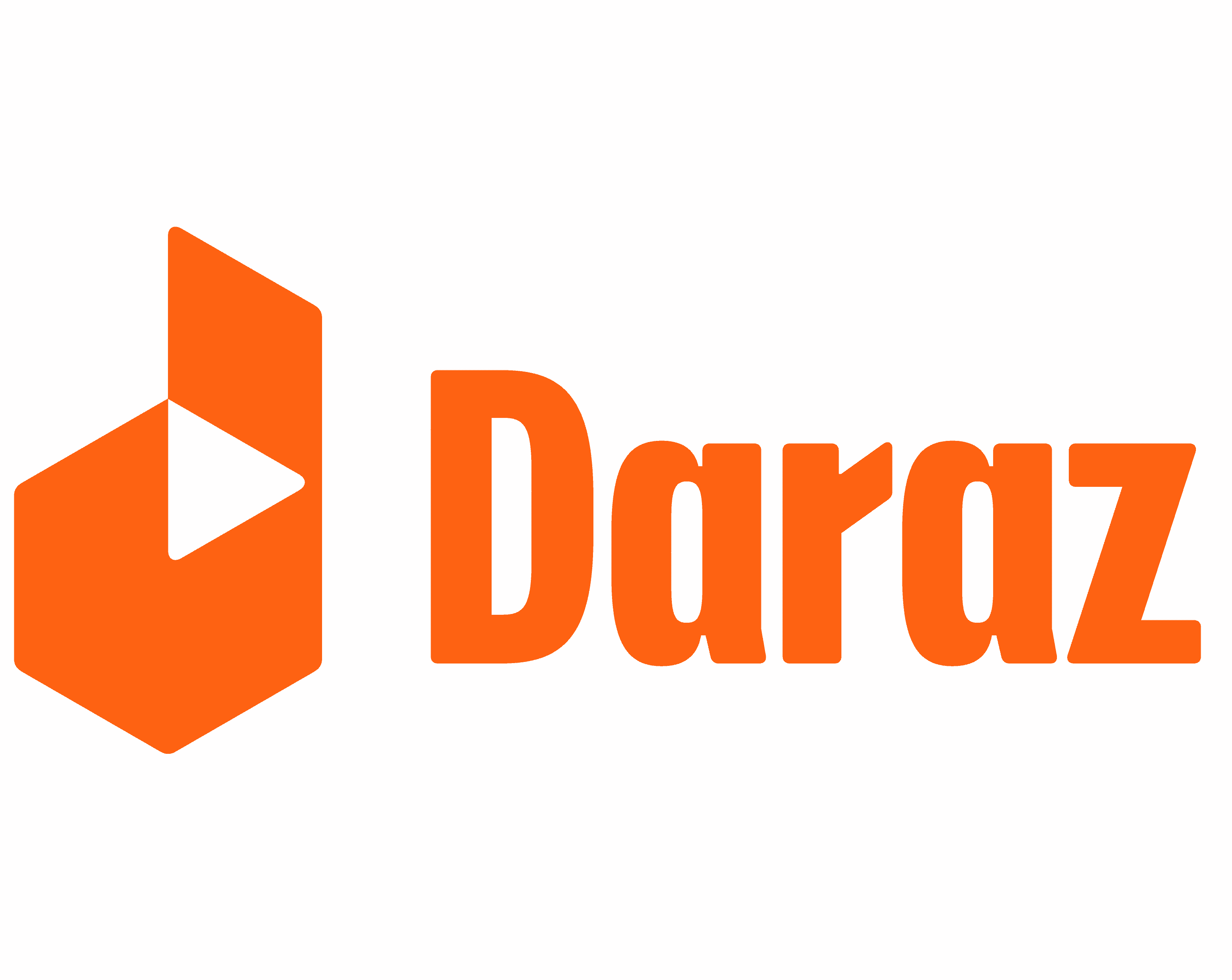Understanding and Managing Chronic Conditions: Diabetes, Hypertension, and More
It is observable that diabetes and hypertension have reached pandemic levels amid globalization and the hustle culture of our era. These diseases can have a detrimental effect on health if not treated right from early stages and have the potential to remain unnoticed. In order to ensure a good quality of life, it is necessary to understand these triggering factors and apply proper methods of dealing with them.
What Are Chronic Conditions?
Chronic conditions refers to a fixed health situation that is medically placed as a one or more health situation that lasts for more than a year, needs continual healthcare or has an impact on some or all daily routine functions. Chronic conditions span diseases that arise over an extended period of time and where patient is required to manage the health status as opposed to curative care like hypertension, diabetes, asthma or arthritis.
Diabetes: Chronic Condition to Stay for Lifelong
Diabetes refers to an illness caused because the body fails to manage glucose intake leading to excess blood sugar levels. There are primary two types of diabetes: Type 1 diabetes is a condition in which body is unable to produce insulin while Type 2 diabetes is where body starts to show signs of insulin resistance.
- Symptoms and Risks that are Associated with Uncontrolled Diabetes:
- Uncontrolled diabetes brings about a slew of symptoms and signs. Thus, the most vivid ones include:
- Extreme thirst and hunger
- Issues with frequent urinations
- And fatigue that is often accompanied by blurry vision
- Wounds that are slow to heal.
From the information available, it is clear that high blood sugar or uncontrolled diabetes has multi-organ damage potential – kidneys, heart, and peripheral nerves being the most affected organs. Poor food choices, absence of physical exercise, increased body weight, and history of identical conditions in the family or hereditary factors are just to name a few of the initiating factors.
Management Approaches:
As with any medical condition, diabetes also requires a multi pronged approach.
- Dieting: Emphasis should be on diet which must be a balanced one, containing cereals, fruits, vegetables, and pulses, meat, and fish in moderation. High-calorie content and processed carbohydrates including sugars should not be excessively consumed.
- Physical Activity: Incorporate around thirty minutes of moderate physical activity at least five times a week. Exercise is hereby projected to assist a diabetic in terms of sugar concentration management coupled with weight control.
- Consumption of Medication and Regular Checking: Diabetics often require insulin or tablets to maintain the blood sugar concentrations, these diabetics to keep check on blood sugar depend on regular monitoring. Periodic checks are a significant requirement.
- Improved stress Control: Chronic high-stress levels can be deleterious for control of the blood sugar levels, on the contrary, practices like meditation, deep breathing and yoga can assist.
Hypertension, the Unseen Hazard
Hypertension is the medical term that is used in place of the clumsier term ‘high blood pressure.’ It is self-explanatory that the blood exerts extreme force against the arterial walls. Hypertension is often referred to as ‘the killer without a warning’ because there are no tell-tale signs until it wreaks havoc on the body in the form of heart attacks, strokes or damage to kidneys.
Causes and Risk Factors:
- Poor nutrition (high sodium and fat content)
- Sedentariness
- Being overweight
- Consumption of tobacco and alcohol abuse
- Genetic predisposition and older age
Management Strategies:
- Modification of lifestyle: Implement a low salt nutrition plan, such as the DASH (Dietary Approaches to Stop Hypertension) dietary plan, which is beneficial for the heart. It is also helpful to consume more potassium-rich food, including bananas and green vegetables.
- Physical exercise: Partake in aerobic exercises like walking, cycling, or swimming at least 150 minutes per week.
- Therapeutic agents: Though antihypertensive agents may be provided, such changes in lifestyle and health practices are the mainstay of management.
- Stress management: As chronic stress is responsible for the increase in blood pressure, it is helpful and necessary to incorporate stress relief techniques into daily routines.
The Role of Lifestyle in Managing Chronic Conditions
Chronic diseases can be managed effectively with or without medication. These are lifestyle changes and they help to not only manage chronic conditions but also to enhance well-being.
- Nutrition: A balanced diet is fundamental in the prevention or control of chronic illness. Emphasis should be placed on eating whole foods, avoiding processed foods, and controlling meal portion sizes. A nutritionist can assist with nutritional guidance.
- Active lifestyle: Sedentary lifestyle is detrimental to management of all chronic diseases. It aids in the maintenance of weight and enhancement of cardiovascular and mental health.
- Chronic Illness: Chronic conditions seem to affect a person's mental health. Chronic illness can be associated with stress, anxiety and depression, for which mindfulness, therapy and support groups can be useful in managing.
- Compliance: Regular follow up visits are essential in the management of chronic illnesses to see how the patient is responding to treatment, and make necessary changes to the treatment regimen. Complications are better managed when they are detected early.
Final Words
A more active approach to managing diabetes or hypertension and other chronic conditions s necessary. Living with such conditions is possible by making simple changes to their lifestyles. Working with doctors and nurses, getting regular check-ups, and practicing good self-care helps to manage chronic conditions. It is important to remember that small steps can significantly improve your health and quality of life.
Explore: Understanding Migraines: Symptoms, Causes, and Treatments



















